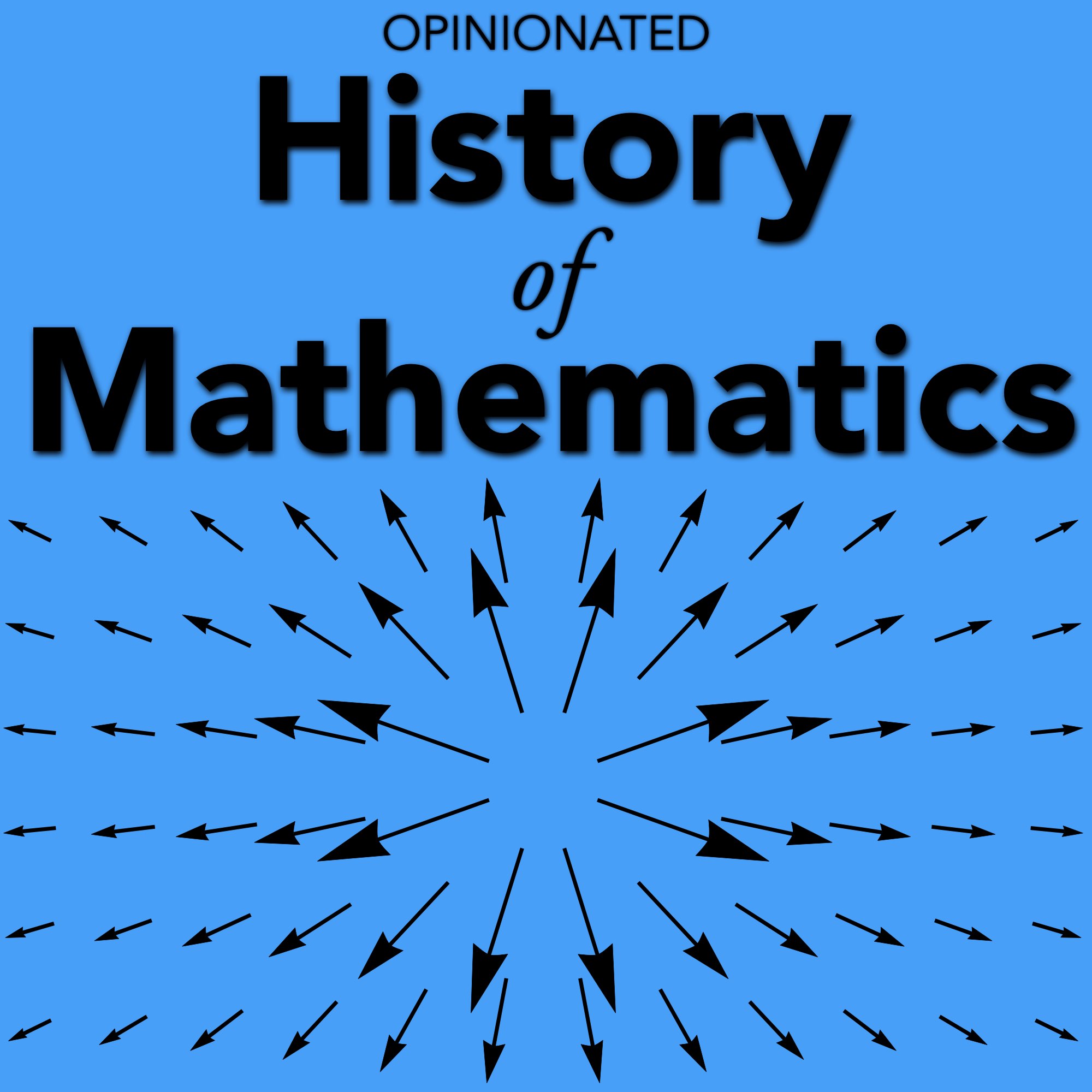Episodes
Galileo’s sentencing by the Inquisition was avoidable. The Church had no interest in prosecuting mathematical astronomers, but since Galileo had so little to contribute in that domain he foolishly got himself involved with Biblical interpretation. His scriptural interpretations not only got him into hot water: they are also scientifically unsound and blatantly inconsistent with his own science.
Published 08/15/19
Galileo thought comets were an atmospheric phenomenon, not physical bodies in outer space. How could he be so wrong when all his colleagues got it right? Perhaps because his theory was a convenient excuse for not doing any mathematical astronomy of comets. We also discuss his unsavoury ways of dealing with data in the case of double stars and the rings of Saturn.
Published 07/07/19
Telescopic observations of Venus provided evidence for the Copernican view of the solar system. But was Galileo the first to see this, as he claims? Or did he steal the idea from a colleague and lie about having made the observations months before?
Published 06/02/19
Galileo thought sunspots were one of the three best arguments for heliocentrism. He was wrong.
Published 05/04/19
The telescope offered a shortcut to stardom for Galileo. We offer some fun cynical twists on the standard story.
Published 04/06/19
Galileo is credited with defeating Ptolemaic earth-centered astronomy, but most mathematical astronomers had already abandoned this theory long before Galileo.
Published 03/09/19
Two thousand years before Galileo, Greek astronomers argued that the heavenly bodies revolve around the sun. Their reasoning involved sophisticated mathematics and sound physical considerations.
Published 02/11/19
Galileo dismissed the notion that the moon influences the tides as “childish” and “occult.” Instead he argued that tides are a kind of sloshing due to the motion of the earth. This very poor theory is inconsistent with several of his own scientific principles.
Published 01/18/19
Galileo committed scores of errors in his physics. These are bad in themselves and also undermine Galileo’s claim to credit for the things he did get right. Transcript Nostradamus published a famous book of prophesies in 1555. Some people like to praise him for having predicted the future. Allegedly he foresaw all kinds of things … Continue reading Why Galileo is like Nostradamus
Published 12/27/18
Galileo gets credit he does not deserve for the parabolic nature of projectile motion, the law of inertia, and the “Galilean” principle of relativity. In reality, his treatments of all of these matters were riddled with errors and fundamental misunderstandings. Transcript Pick up a rock and throw it in front of you. It makes a … Continue reading Galileo’s errors on projectile motion and inertia
Published 12/10/18
Galileo is praised for his work on falling bodies, but his arguments were dishonest and his trifling discoveries were not new.
Published 11/29/18
Ancient Greek scientists studied the dynamics of falling bodies. Were “Galileo’s” discoveries anticipated in these treatises that have since been lost? This question leads to a bigger one regarding relativism versus universalism in the history of thought.
Published 11/21/18
Divergent interpretations of Galileo’s alleged greatness cut across disciplinary divides: mathematics versus philosophy, science versus humanities. Understanding Galileo means dealing with these fundamental tensions.
Published 11/21/18
Galileo's bumbling attempts at determining the area of the cycloid suggests a radical new interpretation of his scientific opus. Archimedes's work on floating bodies is an example of excellent Greek science that has not been sufficiently appreciated.
Published 11/21/18


